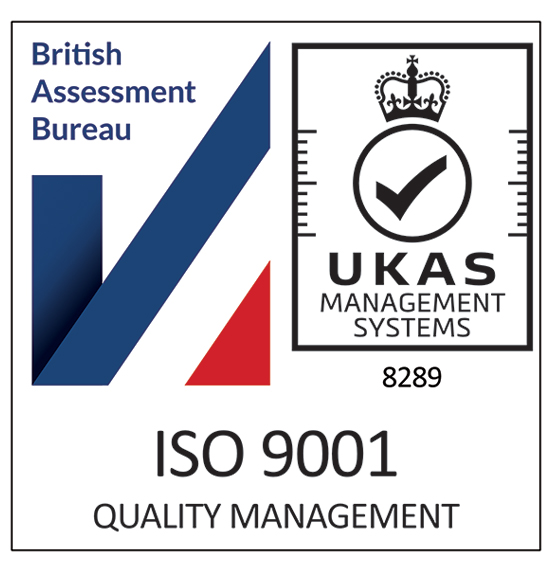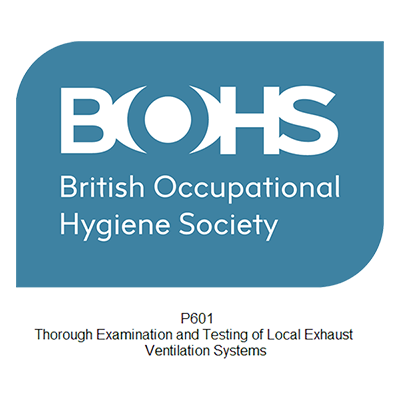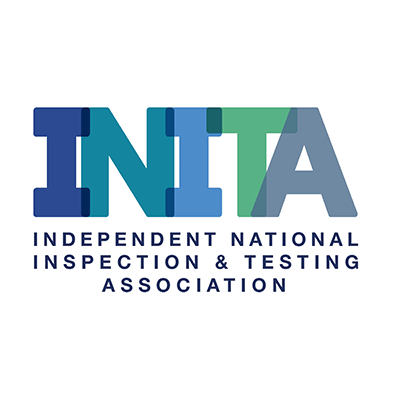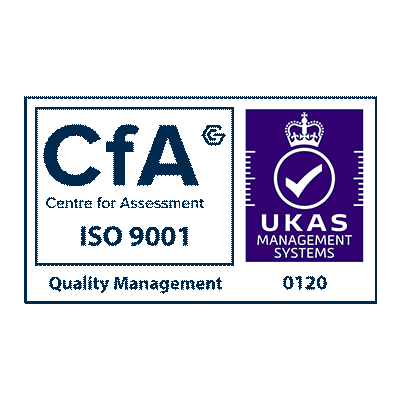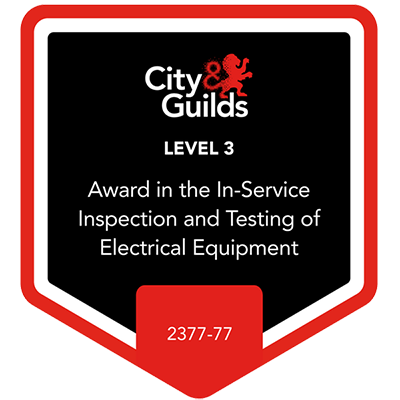What happens before, during and after a safety inspection of mechanical equipment?
The safety inspection of mechanical equipment is required at least annually by law. A wide variety of equipment is subject to this legal requirement, including lifts, cranes, pickers, stackers, hoists, extraction systems, air receivers, and many other types of machinery.
If you’ve recently been given the responsibility of making sure the equipment used within your workplace or organisation stays compliant, you will want to know more about what happens before, during and after a safety inspection.
Statutory regulations
Perhaps you’ve recently taken over a facilities management post in a business, school, college or care home, or you’ve opened a new workshop or plant. Maybe you’re in charge of compliance administration and want to better understand the regulations that apply to your site, such as:
- PUWER - Provision and Use of Work Equipment Regulations 1998
- LOLER - Lifting Operations and Lifting Equipment Regulations 1998
- CoSHH - Control of Substances Hazardous to Health 2002 (Local Exhaust Ventilation)
- EAWR – Electricity at Work Regulations 1989 (Portable Electrical Appliance Testing)
- PSSR – Pressure Systems Safety Regulations 2000 (PSSR)
What to expect
Hutcheon Examination Services Limited (HESL) carries out statutory examinations and proof load testing for mechanical equipment across a range of UK industries including Automotive, Aerospace, Construction, Marine, Power/Energy, Nuclear, Oil & Gas, Manufacturing & Utilities, Arts & Entertainment, Education, and Care.
PUWER, LOLER, CoSHH, EAWR and PSSR inspections have been part of our daily working lives for many years. If they’re unfamiliar territory to you, don’t panic. We’re always happy to share our knowledge, starting with a breakdown of what you can expect at each stage of the inspection process…
Before the inspection
- New customers – our experts will carry out a full consultation with you and promptly provide an inspection quote based your specific requirements
- Existing customers – if HESL has worked at your site before, you will receive an inspection reminder from our Central Planning Department 6-8 weeks before your next inspection is due
- Once you have accepted HESL’s quote in writing, we will contact you to book your inspection in at a date/time that minimises on-site disruption and a confirmation email will be sent to you
- All necessary Risk Assessment Method Statements (RAMS) are available from us upon request because we are certified to ISO 9001, the international standard for quality management systems. RAMS detail how specific activities can be carried out safely and include control measures and safety precautions
- Insurance documents and proof of qualifications can also be supplied
- Need us to take a COVID-19 test before we visit your site? No problem, just ask HESL’s engineer surveyors hold a recognised professional status (EngTech, IEng.) and all are DBS-checked. They are multi-disciplined so they can carry out a combination of inspections on the same day for maximum efficiency and minimised carbon footprint, including PAT testing.
On the day of the inspection
- A HESL Engineer Surveyor will arrive at your site at the agreed time. If we’ve visited you before, it will usually be the same person, who will have existing knowledge of your exact equipment
- You will need to meet the Engineer, sign them in and take them through your on-site health and safety induction (time will be allocated for this)
- Once the Engineer Surveyor has been shown the location/s of equipment and any relevant details discussed, he/she will carry out the inspection as per the regulations
Our Engineers work on the basis of quality, not quantity. They are not expected to work to time-based targets because we put compliance first and foremost. We never cut corners to save time because the consequences can be fatal.
We can’t specify exact timeframes until we see the equipment on the day, but we’ll keep you regularly updated on how long it needs to be out of action for so that you can plan around that.
If your site is large, you have lots of equipment that needs inspection, or delays caused by pausing activity are business-critical, more than one engineer surveyor can be booked to reduce downtime.
After the inspection
- A full inspection report is prepared by HESL and emailed to you within 48 hours. It is not a ‘pass’ or ‘fail’ – it is report of thorough examination
- If defects are identified during your inspection that may cause imminent danger to persons, we are duty-bound to notify the HSE and/or the Local Authority
- Please note, we don’t carry out remedial work or shut equipment down, but you will be immediately notified if it is not fit for service and provided with information and photos
- Our friendly team of experts are available to discuss the findings of the report with you
The information related to your inspection will be stored on our system for easy reference. We’ll be in touch again with a renewal reminder at least 6 weeks before the inspection is next due, helping you keep track of compliance and stay safe, year after year.
